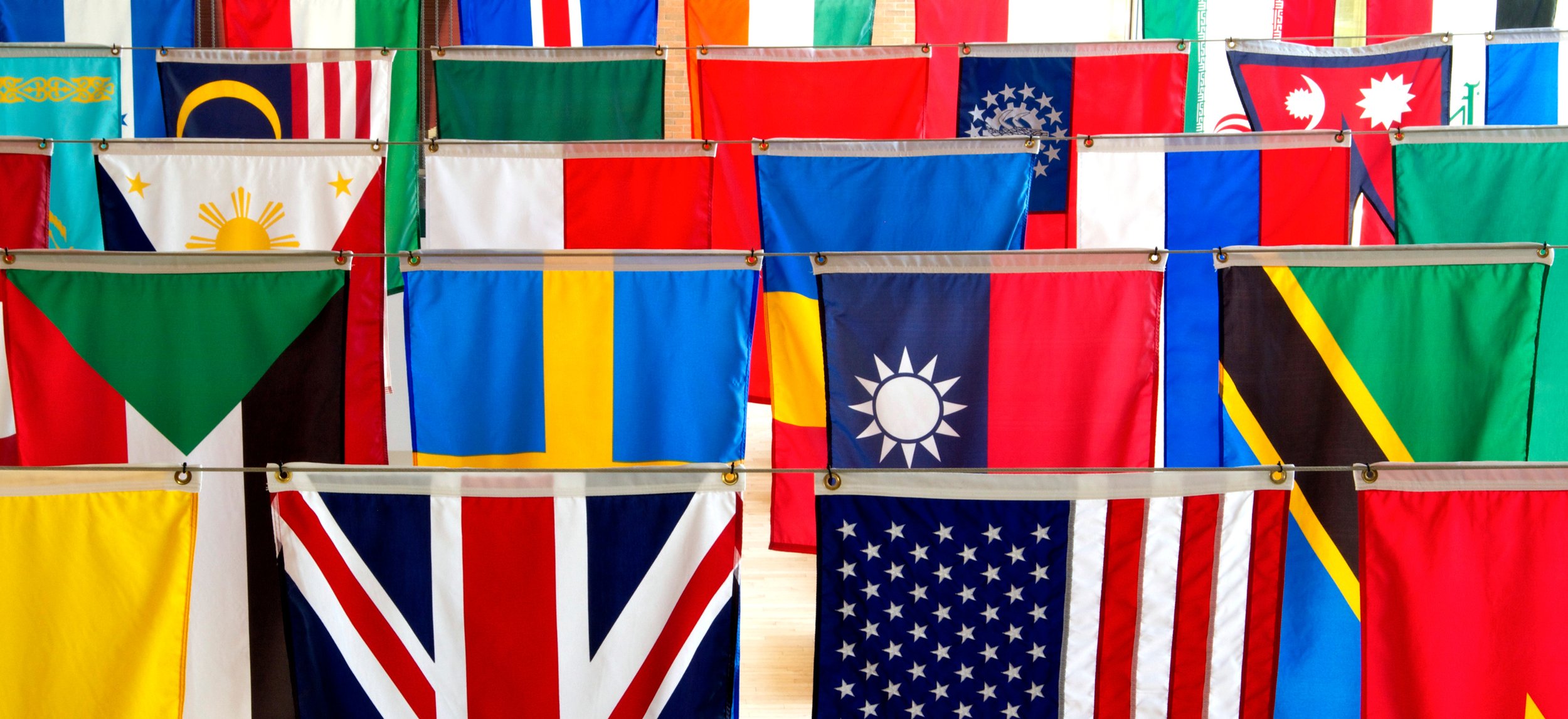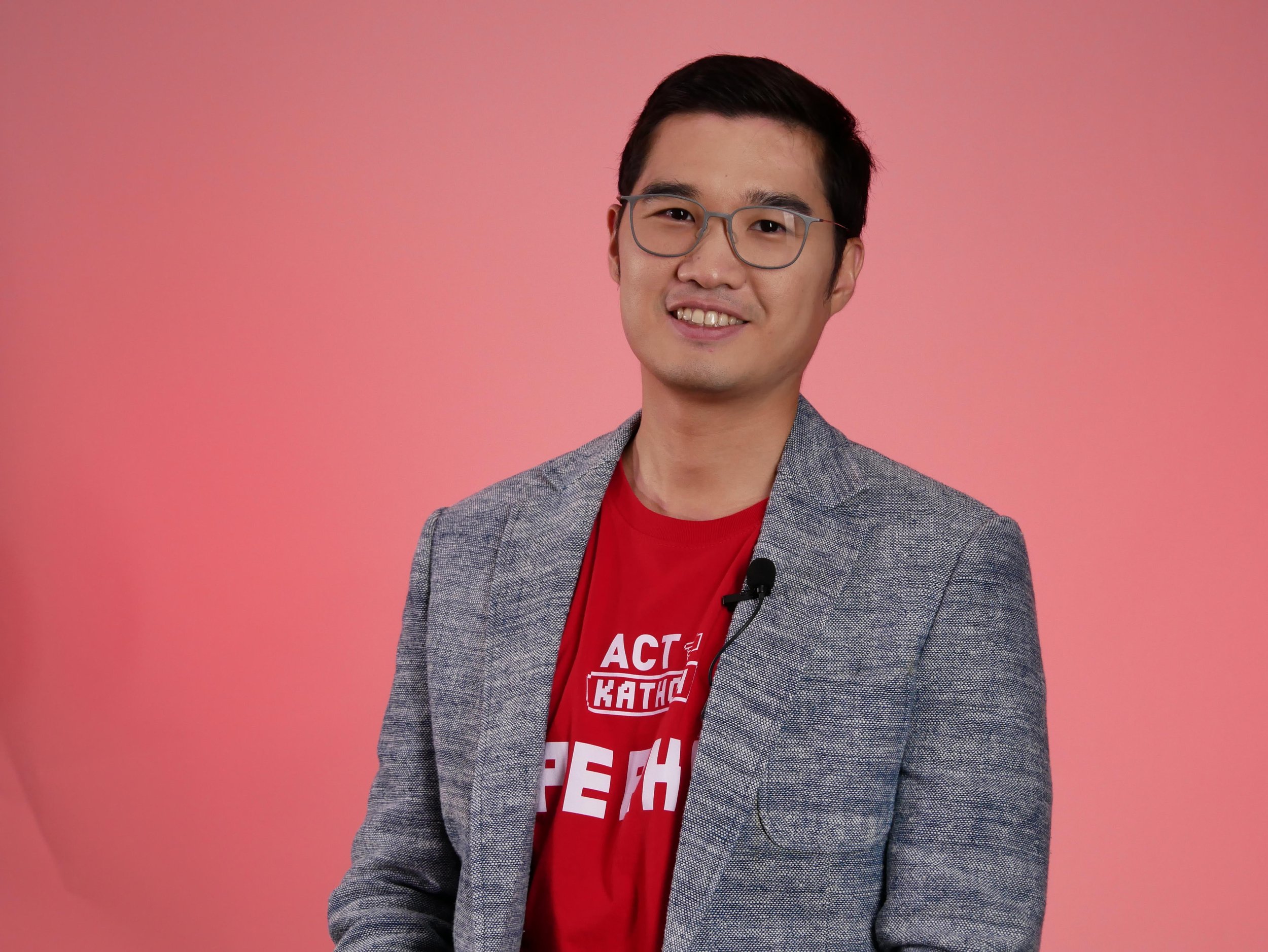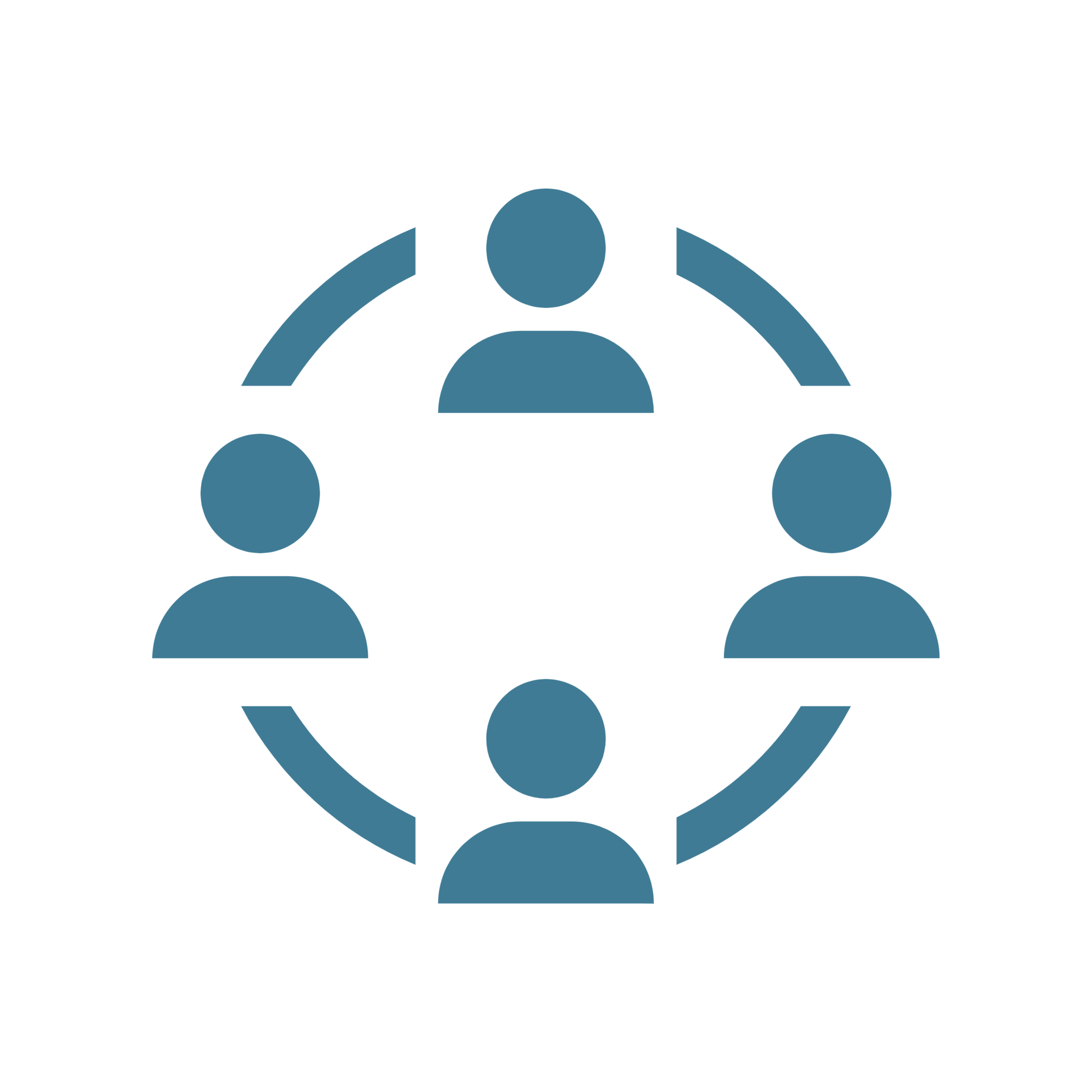
Detect & Prevent
Corruption
TechSprints are intense problem-solving sessions
designed to facilitate innovation and promote collaboration.
The Global Anti-corruption TechSprint occurred June 21-24, 2022
The Problem
Corruption corrodes public trust. It makes government less effective. It wastes public resources and eats away at the foundations of democratic societies. Corruption exerts a massive cost on economies and is fundamentally unfair to citizens.

The U.S. Strategy on Countering Corruption lays out a comprehensive approach to how the United States will work domestically and internationally, with governmental and non-governmental partners, to prevent, combat, limit, and respond to corruption and related crimes. It places special emphasis on the transnational dimensions of corruption, and calls for international partnerships to counter this threat. Accelerating the transnational use of technological solutions to prevent and detect corruption will be critical to this.
ASET advances the United States Strategy on Countering Corruption and is a Complementary Initiative in Support of President Biden’s Leaders’ Summit for Democracy.
The Global Anti-corruption TechSprint
Anti-corruption Solutions through Emerging Technologies (ASET) was a multi-pronged program that brought together leaders and experts in government, law enforcement, civil society, financial institutions, financial technology (fintech), academia and the private sector to explore bold, practical ideas in the application of technology to combat corruption. The goals were to:
Prevent, deter, and combat corruption internationally through the adoption and use of technology.
Spur multiplier effect through which stakeholders across sectors (government, civil society, and private sector) hold their own TechSprints.
Increase multilateral cooperation to share technological solutions and promote adoption.
Increase public-private cooperation to develop innovative solutions to combat corruption.
The TechSprint was hosted by the Bureau of International Narcotics and Law Enforcement Affairs (INL), the U.S. Department of State, the Office of Terrorist Financing and Financial Crimes (TFFC) of the U.S. Department of the Treasury and AIR — Alliance for Innovative Regulation.
The Global Anti-corruption TechSprint took place June 21-24, 2022.
Watch the Session Recordings
The Global Anti-corruption TechSprint took place June 21-24, 2022.
Day One - June 21
Keynotes will provide an overview of the corruption landscape and the panel session will offer a global perspective on anticorruption efforts, and examples multilateral cooperation utilizing technology.
Day Three - June 23
Our panel of technologists will share their roadmap to working with governments and the private sector. Audience members will walk away with greater understanding of the resources needed to effectively partner and integrate into government systems, and the drivers to success and interoperability.
Day Two - June 22
Our panel of experts will discuss their models, why they use TechSprints as an innovation tool and share their success stories and best practices.
Demo Day - June 24
Following a selection of keynotes highlighting the challenges and opportunities to tackle global corruption, the teams will demo the solutions they designed and the winners will be revealed.
Techsprint Problem Statements
Based on input from industry and governing communities, teams are asked to focus on developing innovative technologies to resolve problems on detecting corruption; data interoperability, connection, and, integration; and vendors/end users for this TechSprint. Teams are encouraged to customize the problem statements to their interest area. Please refer to the Participant Pack for a glossary of terms.
-
How can technology Identify transactions suspected of arising from corrupt activities or identify associated static and dynamic networks?
How can we create low-cost, highly scalable, publicly available, accurate information and tools that can help governments and the private sector better detect and disrupt corruption while minimizing false positives?
How can technology enable secure real-time, contextualized information that the public and interested stakeholders can use to identify and report corruption in order to take appropriate action?
How can we use deep or reinforcement learning, simulation techniques, or agent-based modeling techniques to predict new approaches to hiding corrupt activities and proceeds?
-
How can technology Identify transactions suspected of arising from corrupt activities or identify associated static and dynamic networks?
How can we create low-cost, highly scalable, publicly available, accurate information and tools that can help governments and the private sector better detect and disrupt corruption while minimizing false positives?
How can technology enable secure real-time, contextualized information that the public and interested stakeholders can use to identify and report corruption in order to take appropriate action?
How can we use deep or reinforcement learning, simulation techniques, or agent-based modeling techniques to predict new approaches to hiding corrupt activities and proceeds?
-
How can we prevent data from staying siloed?
How can we better connect public/private datasets with open data sources to identify corruption?
How can technology facilitate data integration to enable efficient analysis of large amounts of structured and unstructured data from both traditional and nontraditional sources to predict, report, and alert illicit behavior?
How can we identify new data sources that could inform how, where, why, and when corruption takes place in an organization (going beyond transactional data)?
-
How can we leverage technology to enable secure information sharing between law enforcement and civil society/private sector (and/or international law enforcement information sharing)?
How can businesses better use technology to share information on suppliers/third and fourth parties to reduce the burden and costs of due diligence (collective action)?
TechSprint Judges
-

David Ehrich, Moderator
EXECUTIVE DIRECTOR & CO-FOUNDER
AIR — ALLIANCE FOR INNOVATIVE REGULATION -

Blair Glencorse
EXECUTIVE DIRECTOR
ACCOUNTABILITY LAB -

Thomas Hardjono
TECHNICAL DIRECTOR
MIT CONNECTION SCIENCE -

Norm Hodne
DIRECTOR OF PROGRAM MANAGEMENT
MICROSOFT ACTS -

Leanne Kemp
EXECUTIVE DIRECTOR
EVERLEDGER -

Therese Lee
SR. DIRECTOR, ETHICS & BUSINESS INTEGRITY
GOOGLE -
Sepideh Behram Rowland
SENIOR MANAGING DIRECTOR
K2 INTEGRITY -

Dr. Torplus Yomnak
CO-FOUNDER & CHIEF ADVISOR
HAND SOCIAL ENTERPRISE
How to Participate
Each team will be made up of, but not restricted to, the roles below. An individual on a team could play many or just one role — innovative collaboration & flexibility are key. We are happy to discuss variations that may align with your interests. Coding skills are not required to join a sprint team.
Registration for this event is now closed.
Team Roles
-
You are the big ideas person who can make unicorns and hit moonshots. You know the right design to make the moving parts fit together seamlessly.
-
You have in-depth knowledge about products, services, laws and policies related to corruption, anti-corruption solutions, and/or financial crime.
-
You make buttons do stuff. You make screens transition. You take the designs and make them function, making sure the user flow works correctly.
-
You know how to sell anything. You spin product descriptions to be irresistible commodities. You will also present team updates to TechSprint Observers.
-
You work with APIs, you know data well and are prepared to manipulate it for good. You glue stuff together to make it all work seamlessly.
-
In addition to a team role, you will be responsible for curating your team, managing its timeline and deliverables, and acting as point person for organizers.
Floating Roles
-
You will work with the teams, unblock the blockers and provide feedback on the solutions built during the TechSprint.
-
You know the corruption landscape and understand the use cases and the current issues this TechSprint is trying to solve.
-
You will provide help with technical issues that will arise during the TechSprint, to help teams overcome any of these hurdles that get in their way.
Join the Inspiration Community

Check out the Resource Center
By using this resource, you understand that U.S. Department of State, U.S. Department of the Treasury, and the Alliance for Innovative Regulation Institute (AIR), do not endorse any of the vendors or resources listed, and bears no responsibility for their content, any subsequent contact, conversation, transfer of information, procurement, or legal contracting. The Resource Center is intended as a reference for those seeking information, resources or potential vendors for technology that can advance anti-corruption. The data provided on this site is for informative purposes only; we recommend all information be independently verified for the nature of its use.
These resources are not an exhaustive list and represent submissions made by participants in the ASET TechSprint and via an open submission link on the ASET website.
-

Registration Opens
May 4, 2022
-

Team Formation
May 20, 2022 - June 10, 2022
-

Application Deadline
June 8, 2022
-

Boot Camp
June 14, 2022
-

Platform Onboarding
June 14 - 20, 2022
-

ASET Global TechSprint
June 21 - 23, 2022
-

Inspiration Community
June 21 - 24, 2022
-

Demo Day
June 24, 2022









